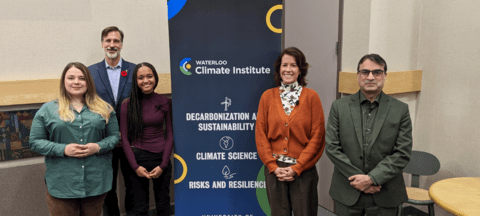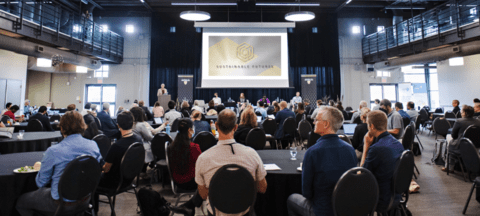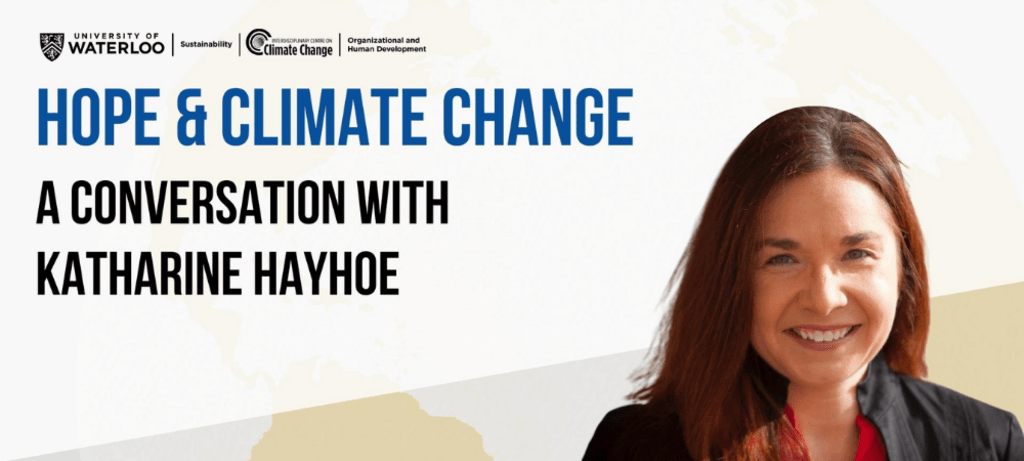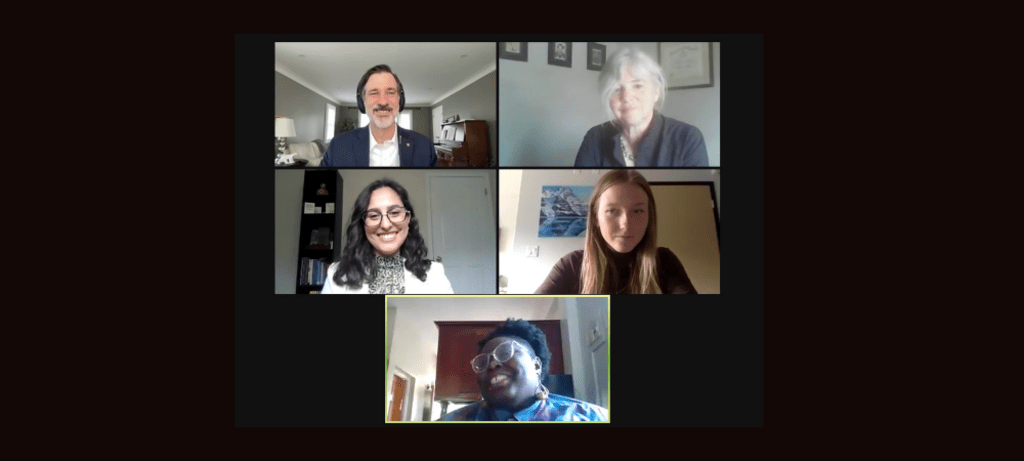Waterloo hosts a special screening of CAUGHT
The University of Waterloo is hosting a special screening of the documentary CAUGHT. The screening will be followed by a fireside chat moderated by Executive Director of the Climate Institute, Sarah Burch.







